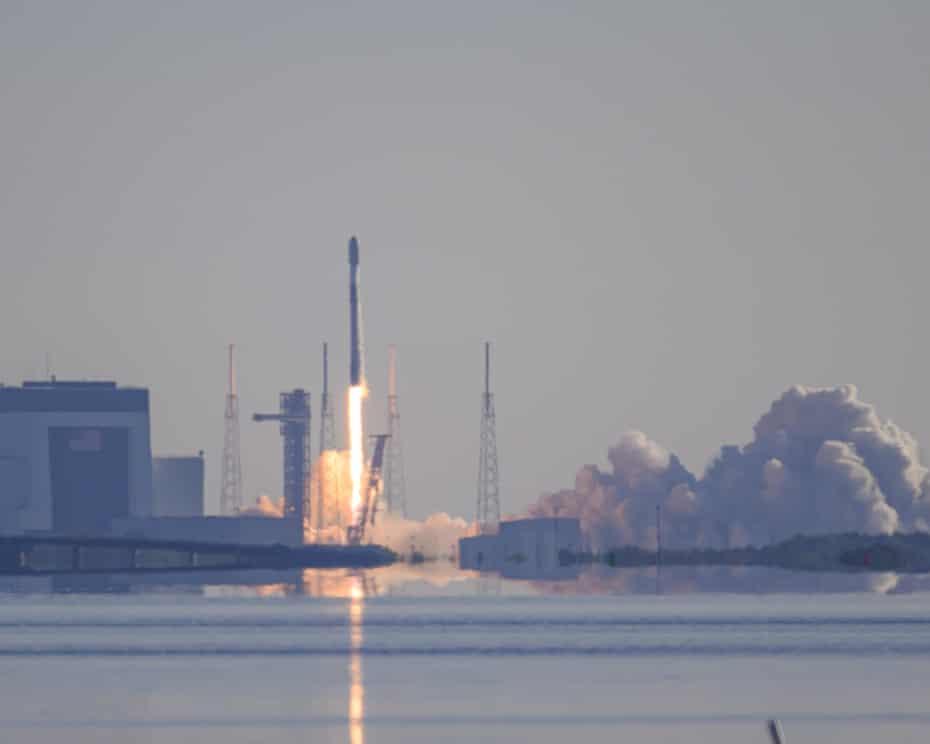Scientists are urging world leaders to establish new international regulations to curb the growing environmental impact of the space industry.
A team at University College London (UCL), led by Professor Eloise Marais, has warned that rocket launches and satellite re-entries are releasing unprecedented levels of pollutants into the upper atmosphere. Their latest figures show that 259 rockets were launched in 2024, following 223 in 2023, burning more than 153,000 tonnes of fuel in total.
“More pollutants are being released into the atmosphere from rockets and satellites than ever before,” said Prof Marais. “We’re in uncharted territory, as humans have never added this much pollution to the upper layers of the atmosphere. If left unregulated, it may have serious impacts on Earth’s atmosphere.”
The research found that the rise of mega-constellation communication satellites, such as Starlink, OneWeb and Thousand Sails, has driven a threefold increase in emissions of soot and carbon dioxide. While the overall volume of pollutants is still far less than from other industries, the scientists warn that particles from rockets remain in the upper atmosphere much longer than those from aviation or ground-level sources. This gives them up to 500 times greater warming potential.
Prof Marais added that propellant use for mega-constellations has now surpassed that of all other missions combined. With Amazon’s Kuiper project planning to use the European Space Agency’s solid-fuel rockets, she warned that future launches may release ozone-damaging chlorine compounds.
Dr Connor Barker, also of UCL, cautioned that the rapid increase in planned mega-constellations could undo decades of progress under the Montreal Protocol, which helped repair the ozone layer.
The surge in activity is stark. Between the late 1960s and 2016, only 100 to 200 objects were launched into orbit each year. Now, thousands are being launched annually, many with limited lifespans.
In 2024 alone, UCL tracked 2,539 objects including satellites and discarded rocket parts burning up on re-entry, releasing an estimated 13,500 tonnes of material into the atmosphere.
Prof Stuart Martin, chair of trustees at the UK National Space Centre, said existing international law is inadequate for the challenges posed by modern space activity. “Current international law is very much related to the principles of the high seas. The country that launched an object owns it, and only the laws of that country apply to the object in space. This is one of the reasons why things like cleaning up is so difficult,” he said.
With the industry on track for further growth, scientists argue that without a coordinated global regime, the environmental cost of expanding space activity may outweigh its benefits.



